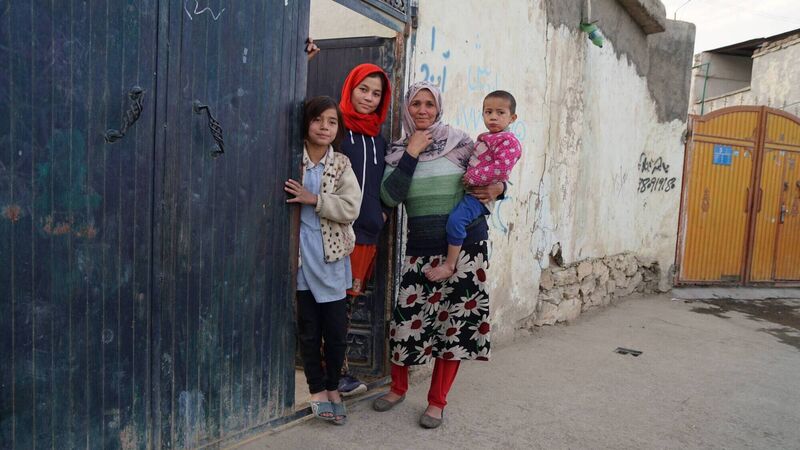'It’s not clear when this is going to end': The humanitarian catastrophe unfolding in Afghanistan

Atika Abulmalik Mingally and her three daughters are struggling to feed themselves in Afghanistan.
When heavy fighting between Taliban and Afghan national army forces broke out in Atika Abulmalik Mingally’s home province of Takhor four years ago, she and her family fled to Kabul.
In the Afghan capital, the mother of seven found that she couldn’t afford new clothes for her children or the medical costs for her youngest son’s liver condition, but she was able to prepare one meal each day for her family - at least until now.










